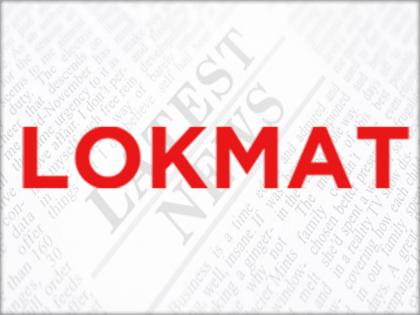JNU was extraordinarily important for me, says Nobel Prize winner Abhijit Banerjee
By ANI | Published: October 22, 2019 03:46 AM2019-10-22T03:46:05+5:302019-10-22T11:39:27+5:30
Outlining the significance of Jawaharlal Nehru University (JNU) in his life, co-recipient of this year's economics Nobel, Abhijeet Banerjee on Monday said that the Varsity has played a substantial role in his life.

JNU was extraordinarily important for me, says Nobel Prize winner Abhijit Banerjee
New Delhi [India], Oct 22 : Outlining the significance of Jawaharlal Nehru University (JNU) in his life, co-recipient of this year's economics Nobel, Abhijeet Banerjee on Monday said that the Varsity has played a substantial role in his life.
"JNU was extraordinarily important for me. In Presidency College, most of the students were upper-caste Bengali but at JNU I encountered India. There is caste, poverty and it was not in the world I had lived in. So, JNU taught me what India was all about," Banerjee said at an event here.
Banerjee also spoke in favour of utilising direct taxes for funding welfare schemes as compared to the indirect taxes.
Nobel Prize winner also said that he "liked" the idea of Ayushmann bharat scheme that aims to help economically vulnerable Indians who are in need of healthcare facilities.
"When people end up paying a lot for health care, they are forced to sell off their assets," he added.
He, however, also cautioned about the potential of fraud in the scheme and said that the same needs to be fixed.
Banerjee, an Indian-origin economist was jointly awarded the Nobel Prize in Economic Sciences along with his French-American wife Esther Duflo and American economist Michael Kremer "for their experimental approach to alleviating global poverty."
The 58-year-old Kolkata-born economist is currently the Ford Foundation International Professor of Economics at Massachusetts Institute of Technology.
( With inputs from ANI )
Open in app